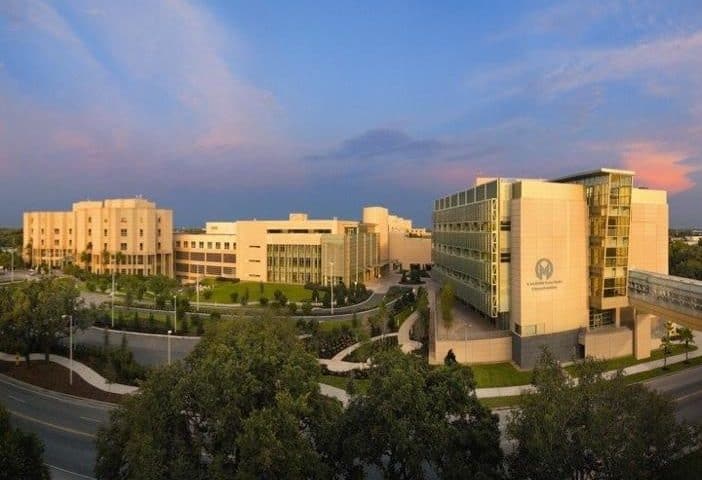CAR-T therapy, which involves modifying a patient’s own T cells to better recognize and destroy cancer cells, offers a valuable treatment option for some people with blood cancers. But it doesn’t work for every patient.
In a new study published in the journal Blood, scientists at Moffitt Cancer Center showed immune dysregulation might be to blame for lackluster responses to Gilead Sciences’ CAR-T therapy Yescarta among patients with diffuse large B-cell lymphoma (DLBCL).
The findings pointed to potential methods for improving the efficacy of CAR-T therapy, including preparing patients’ immune systems prior to infusion of the engineered cells, the researchers said.
To understand the difference between treatment responders and nonresponders, the Moffitt team collected tumor samples from 105 patients treated with Yescarta. Durable responders were defined as those that remained in remission six months or longer after treatment.
Patients who didn’t respond well to treatment had significantly higher expression of genes related to tumor interferon signaling than did responders, the team found. A similar interferon gene signature, known as ISG.RS, is associated with T-cell exhaustion and worse outcomes in solid tumor patients receiving immune checkpoint inhibitors.
The researchers scoured DLBCL interferon data from the National Cancer Institute Center for Cancer Research database, and they found that increased interferon signaling was linked to higher expression of multiple T-cell inhibitory binders, including the notorious immune checkpoint PD-L1. The ISG.RS score strongly correlated with CAR-T cell resistance but not to treatment outcomes among patients who received the traditional chemo-based regimen R-CHOP.
High baseline blood levels of a cytokine called ferritin—which is a marker of inflammation—were prevalent in patients who did not respond well to Yescarta, the team showed. This systemic inflammation often co-existed with strong interferon signaling in the same patients.
What’s more, high blood levels of immune cells called myeloid-derived suppressor cells (MDSCs) were linked to a lack of durable response to Yescarta, according to the Moffitt team. Both high MDSC levels and tumor interferon signaling correlated with diminished growth of CAR-T cells in the patients.
Multiple research groups have focused on improving CAR-T therapies. Scientists at the University of North Carolina at Chapel Hill found increasing the expression of a tyrosine kinase called LCK could enhance the tumor-killing effect of CAR-T cells co-stimulated by the 4-1BB protein.
A University of Pennsylvania team removed the gene CD5 from CAR-T cells and achieved improved tumor shrinkage and survival in mouse models of leukemia.
The Moffitt researchers suggested that preventing immune dysregulation could enhance CAR-T therapy to achieve more durable responses.
“We can use interventions to help improve the quality of patients’ immune cells prior to apheresis, resulting in a better CAR T product. We can also help better prepare patients’ immune systems to receive the CAR T cells to increase response following infusion,” Michael Jain, M.D., Ph.D., the study’s co-lead author, said in a statement.

